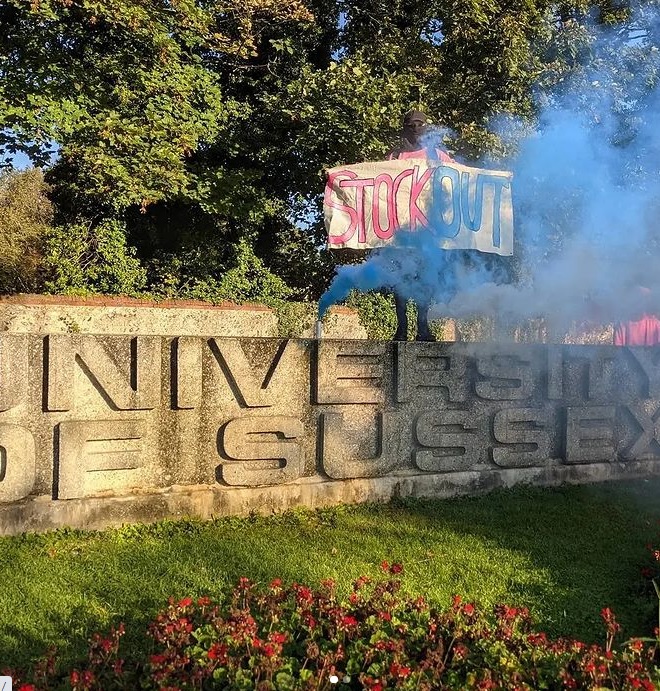Do you feel you have complete freedom of speech on campus? The government’s Higher Education Freedom of Speech Act is set to be established on university campuses across the UK in 2024 in what the GOV.UK Education Hub describes as a “huge step forward in protecting freedom of speech and academic freedom on university campuses.” The Act aims to ensure that all students, staff and guest speakers have the freedom to express their beliefs. Although the Act became law as of 11 May 2023, it is not fully finalised yet, meaning more detail on how it will operate and regulations will be announced by the government in the coming months.
The Government Education Hub website states that the Act will place “more responsibilities on universities to ensure students are able to speak freely in and out of the classroom, while offering more protection for academics who teach material that may offend some students,” meaning the Act could result in the teaching of more politically sensitive topics. However, the statement does clarify that “unlawful speech, such as harassing others or inciting violence or terrorism” does not constitute freedom of speech.
Additionally, under the Act universities will be monitored on how they address concerns, for example, their treatment of people who raise complaints of sexual misconduct, abuse, harassment or bullying. The Office for Students will be operating a free-to-use complaints scheme that students, staff, and guest speakers can use if they feel they have suffered a restriction to their free speech or have had their complaint silenced by their university.
Freedom of speech is not an absolute right. There is a legal framework within which the University must operate.
The legislation means that universities and student’s unions may be fined if they fail to meet the regulations of free speech and are subject to investigation by the newly appointed Director for Freedom of Speech and Academic Freedom. Arif Ahmed, who has also been named in the media as the ‘free speech Tsar,’ is the University of Cambridge professor who has taken on this role.
This issue is particularly relevant at the University of Sussex currently, after a part-time volunteer for the Student’s Union, Women’s Officer Hanin Barghouthi, was arrested for allegedly supporting Hamas in a speech at the Brighton Clock Tower organised by the Palestine Solidarity Campaign.
Furthermore, this type of situation has affected the University before, with debate surrounding former professor Kathleen Stock’s comments surrounding transgender people in 2020 which sparked further debate of freedom of speech. Stock resigned from Sussex in 2021 after she alleged she had been bullied out by students and colleagues alike and has since been the topic of protests for Oxford students after a talk at the Oxford Union. Stock published an article for The Standard in November 2023 in which she questioned if “people are only prepared to support freedom of speech and assembly when they already agree with the opinions of the people they are defending,” and concluded that the democratic ideal in our country is to “put the matter up for free public discussion and allow us to express our feelings peacefully about it.”

The University of Sussex Student’s Union released a motion on 14 November 2023 advocating freedom of speech and placing accountability for the promotion and protection of free speech onto both the Student’s Unions and the University. The University of Sussex website also refers to its commitment to freedom of speech and expression which “applies not only to information, ideas or works of art that are favourably received, but also to those that offend, shock, or disturb,” however, notes that “freedom of speech is not an absolute right. There is a legal framework within which the University must operate, whilst securing both freedom of speech and academic freedom.” This standpoint was also taken in an email message from Vice-Chancellor Sasha Roseneil 23 November 2023 in which she stated that “there may be serious implications for anyone who makes posts on social media about other students, or in relation to the situation in Israel and Gaza/ Palestine, that cross legal boundaries or violate the University’s regulations.”
